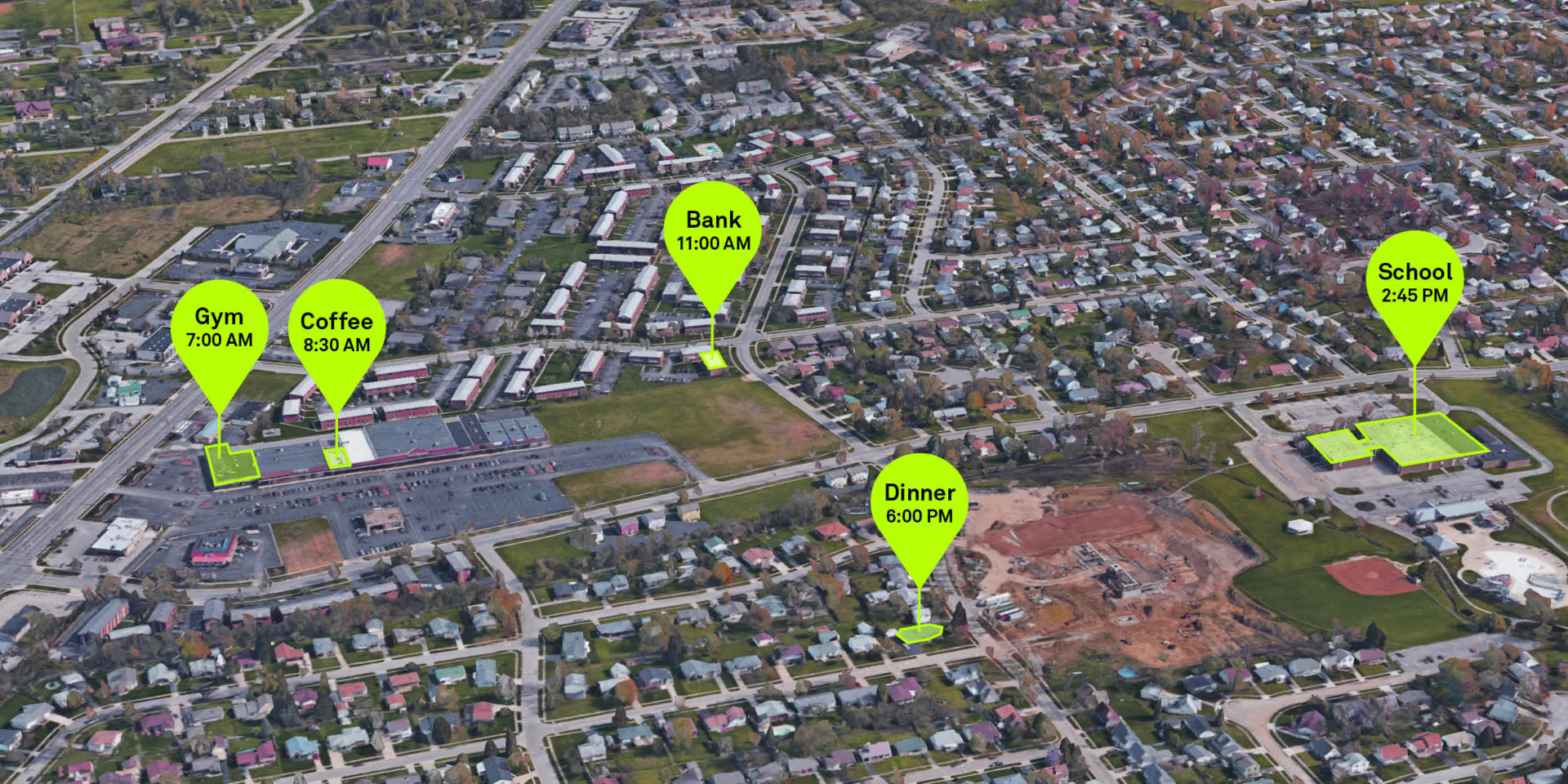In this series, we’ve learned two things: that location data is far more than just proximity targeting, and that context is not just about content anymore. In my final blog of this series, I’ll talk about why using offline data to advertise can be far more important than the online data the entire industry is so reliant upon.
Myth #3: Our online behavior reflects reality
Truth: Online behavior is aspirational, offline behavior is factual
In the digital age we’re all prone to confuse the abundance of data with an abundance of value. We gravitate toward advertising based on online behavior simply because it’s easiest to track. But clicks and likes are notoriously poor predictors of, well, most things.
Online is where we go to get inspired, offline is where we go to actually live. One is passive, the other takes a lot of work. Just look at the aspirational existences everyone seems to live on social media. According to Instagram, most people in the world are part-time models living on the beaches of Mexico. And website visits don’t suggest buying interest. Just because I visit Maserati’s site doesn’t mean I’ll ever trade in my Toyota. (I won’t.) I’m only dreaming. Just because I like things on Facebook doesn’t mean I’m a real fan. It could mean I simply thought a picture was funny. Easy actions don’t mean much.
Take a shopper in GroundTruth’s database who, online, is interested in organic items. We’ll call her Jordan. Jordan searches for organic fruit, likes Whole Foods on Facebook, and follows Trader Joe’s on Instagram. She is entirely type-casted as a health-conscious shopper. A CPG company selling salty snacks would never want to target her, right? Quite wrong. Jordan actually does her shopping at Walmart. She goes to places like CVS, Dollar General, and Burger King.
Jordan is one person online and another in real life. Her online persona is aspirational, her offline one, factual. The CPG company in question should absolutely be reaching her and they could never know that without location data. And according to data gathered from millions of consumers, most people behave like Jordan.
Any company that is running its advertising purely on online data is shoveling buckets of money down the drain. They’re chasing after people’s aspirations and missing out on millions of real, everyday moments of purchasing inspiration.
It’s time to revisit what location means to you
To all the marketers and media buyers out there, it’s time for a fresh look at location data. Over the past decade, it has evolved into a system for understanding complete, complex, and nuanced offline journeys buyers take through life. It offers a glimpse of what shoppers actually do, not just what they aspire to.
That’s a lot of power. Applied properly, it’s a revolutionary way to reach consumers on their mobile devices. And soon, I think it’ll be negligent for advertisers not to use it. Location data isn’t just an industry aspiration. It’s a pure and simple fact.





